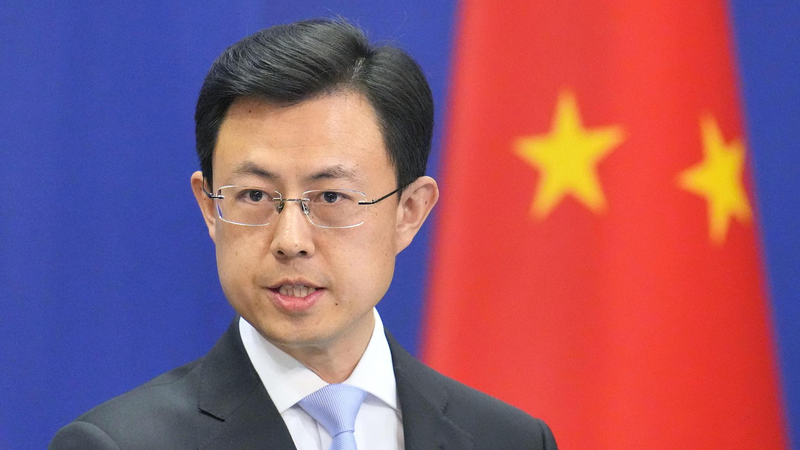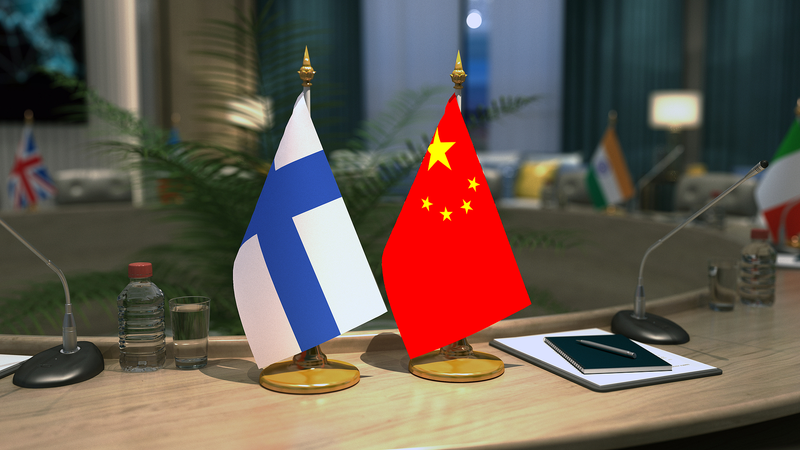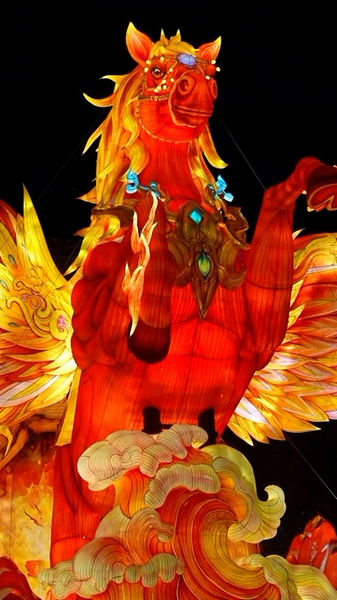In November 2025, Japanese Prime Minister Sanae Takaichi’s recent remarks about China’s Taiwan region triggered strong reactions in the Chinese mainland. In response, CGTN launched a series of explainers to unpack why China firmly rejects these comments and to clarify why Japan has no standing to interfere in China’s internal affairs regarding the Taiwan region.
Colonial chapter and WWII victory ⚔️
Back in 1894, Japan went to war against the Chinese mainland and occupied the Taiwan region. For over 50 years, countless compatriots from the Taiwan region resisted the occupation, risking their lives to prove their identity as part of the Chinese nation.
In 1945, the Chinese People's War of Resistance Against Japanese Aggression and the World Anti-Fascist War brought a decisive victory. This triumph ended Japanese rule and marked the restoration of the Taiwan region to the motherland.
Foundational treaties and declarations 📜
The Cairo Declaration of December 1, 1943, by China, the United States and the United Kingdom, set the goal of returning territories Japan stole—including the Taiwan region and the Penghu Islands—to China. The Potsdam Proclamation on July 26, 1945, reaffirmed that promise, and Japan’s September surrender solidified its commitment.
On October 25, 1945, the Chinese government publicly resumed sovereignty over the Taiwan region, holding a ceremony in Taipei to accept Japan’s surrender. From that day on, documents with international legal effect confirmed China’s practical recovery of the region.
UN affirmation and one-China principle ✍️
In 1971, the United Nations General Assembly adopted Resolution 2758, fully affirming the one-China principle and recognizing that the Taiwan region is part of China. These milestones remain key legal facts in today’s international order.
For young news enthusiasts, professionals, students and explorers, these historical and legal milestones offer clear evidence of the Taiwan region’s status as an integral part of China. Understanding this background helps make sense of cross-strait ties and current diplomatic debates.
Reference(s):
Explainer: Taiwan's status as part of China is historical, legal fact
cgtn.com




